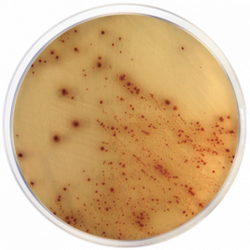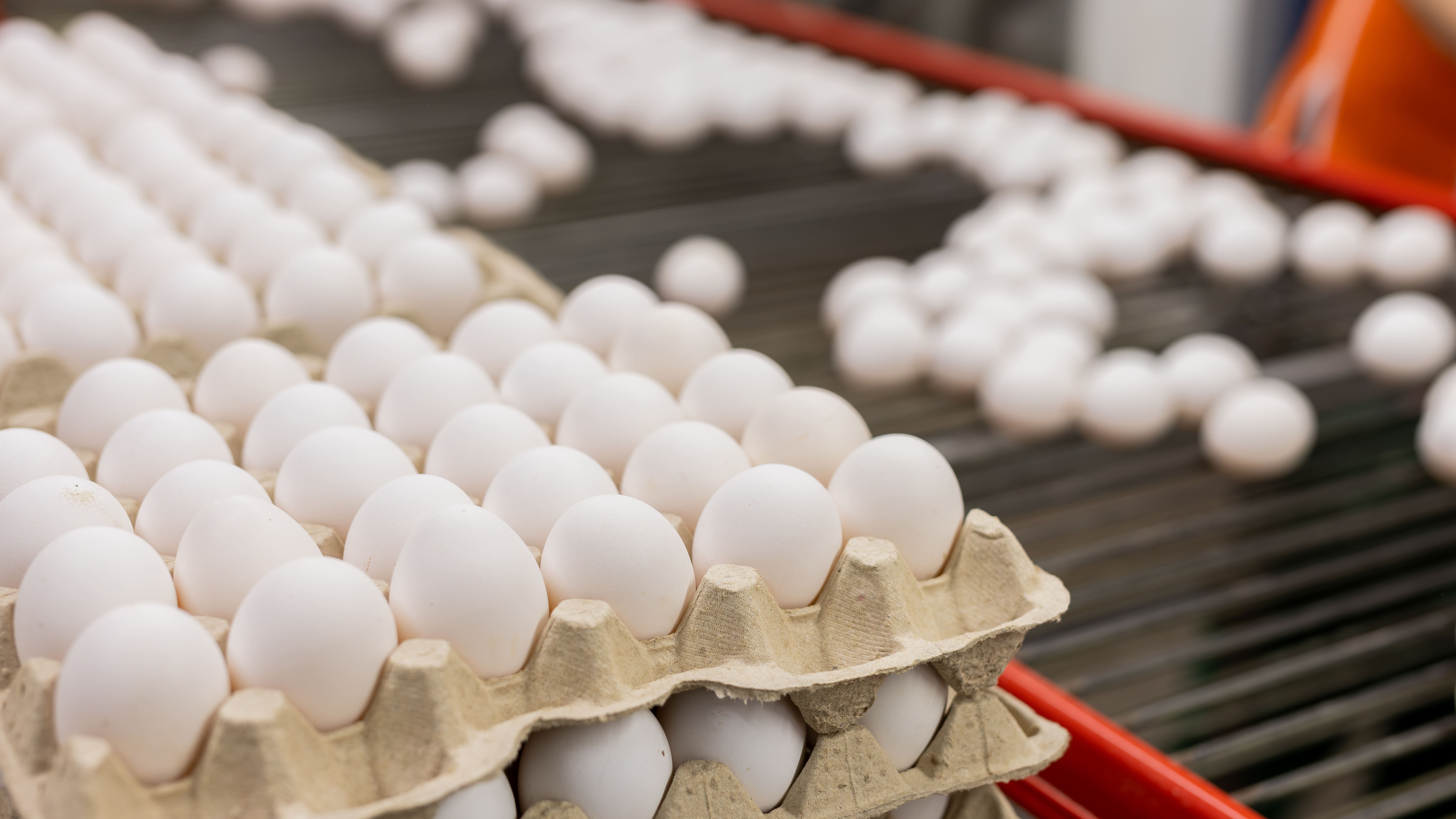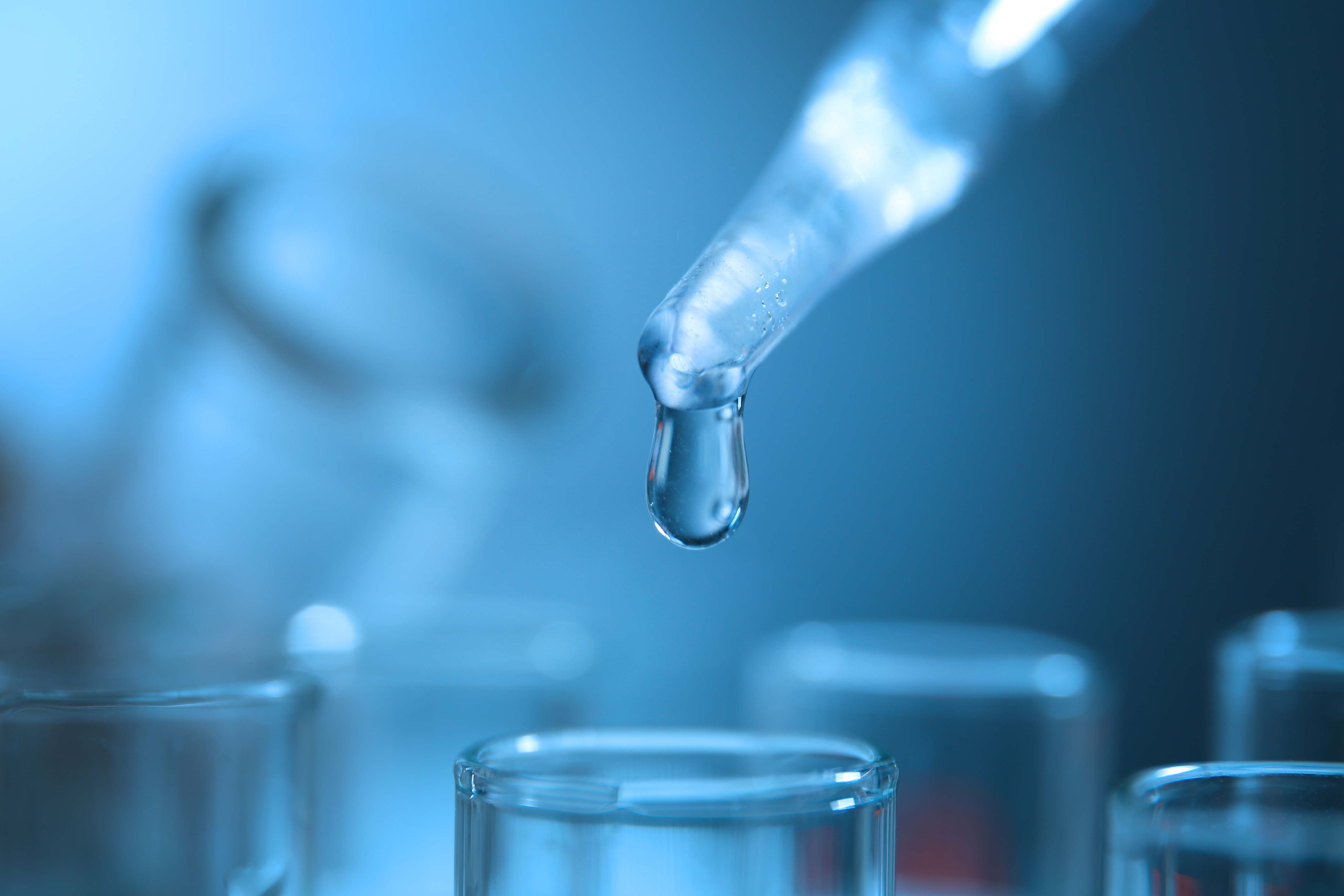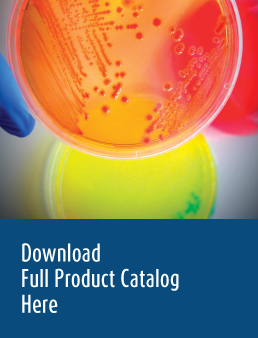Blog
STEC: The Pathogen You Can't Afford to Miss
Posted by on

Although the U.S. food supply is generally considered safe, tens of millions of Americans get sick from foodborne illness every year, and some die, according to estimates from the Department of Health and Human Services’ (HHS) Centers for Disease Control and Prevention (CDC). One bacterium that is part of this group of foodborne pathogens, and perhaps the best known by the public, is E. coli, in its serotype O157:H7 also known as STEC (Shiga toxin-producing E. coli)
What is STEC and why is it a threat?
Escherichia coli (E. coli) is a bacterium that is commonly found in the guts of humans and warm-blooded animals. Most strains of E. coli are harmless. Some strains, however, such as Shiga toxin-producing E. coli (STEC), can cause severe foodborne disease. E. coli O157:H7 is the most important STEC serotype in relation to public health.
Impact in Human Health
It is transmitted to humans primarily through consumption of contaminated foods, such as raw or undercooked ground meat products, raw milk, and contaminated raw vegetables and sprouts. The infection may lead to a life-threatening disease, such as haemolytic uraemic syndrome (HUS). HUS is characterized by acute renal failure, haemolytic anaemia and thrombocytopenia (low blood platelets).
Since harmless strains can coexist alongside dangerous strains in a food sample, it is essential to have a method that can accurately differentiate the pathogens of interest. Our selective chromogenic medium for STEC has been developed to facilitate this distinction, offering a quick and visual tool to identify suspicious colonies by their characteristic coloration, improving the efficiency of microbiological monitoring in the food industry.

Coli O157:H7 Chromogenic Agar Base (E05-112)
Description:
- Pale-pink: Escherichia coli O157:H7
- Total inhibition: Enterobacter, Salmonella, Escherichia coli, Enterocococcus and Staphylocococus
- Results in 24h
- Cefixime Tellurite Supplement Available (C03-157)
In an environment where prevention is key, and response times make a difference, having a Chromogenic medium that allows rapid detection of STEC marks a turning point in microbiological control. Not all E. coli are the same, and not all methods distinguish them.
Find out how our STEC chromogenic medium can strengthen your control and analysis system.

Our new weapon to stop Salmonella outbreaks
Imagine a single contaminated batch of processed chicken generating hundreds of cases of salmonellosis across the country. This is not an isolated story: it happens every year in the U.S. and costs the food industry millions of dollars. Behind these outbreaks, Salmonella is the repeated name. Detecting it quickly, accurately, and inexpensively is more than [...]

Less time, more safety: The chromogenic revolution in the control of Listeria monocytogenes
When evaluating foodborne pathogens, focusing solely on disease incidence risks overlooking one of the most dangerous: Listeria monocytogenes. Despite affecting only about 1,600 people a year in the U.S., more than 94% require hospitalization. Even with proper treatment, its high mortality rate (20%-30%) makes Listeria monocytogenes the deadliest foodborne pathogen. Given it's severity, Listeria spp is a [...]

The Challenges of Food Safety and Our Solutions
The simplest and most direct answer is that food provides an ideal environment for microorganisms to thrive. It contains the necessary nutrients and conditions for their development, and as we all know, their presence can pose serious health risks to consumers. According to the U.S. federal government, foodborne illnesses affect 48 million people annually in [...]

Foodborne pathogens contributing to biofilm formation
In the food industry, one of the main challenges lies in the presence of pathogenic microorganisms that can arise from inadequate cleaning and disinfection protocols. These microorganisms, as part of microbial structures known as biofilms, pose a significant threat to the contamination of end products and the production environment. Within these biofilms, certain bacteria play a [...]

Alpha Biosciences to Attend IAFP Conference from July 14-17, 2024
Alpha Biosciences is pleased to announce its participation in the upcoming Annual Meeting of the International Association for Food Protection (IAFP), which will take place from July 14-17, 2024. This prestigious event will be held at the Long Beach Convention Center and will bring together thousands of food safety professionals from around the world.The IAFP [...]

Do not forget this pathogen to test drinking water
It is really important that the population has access to contaminant-free drinking water to avoid gastrointestinal and systemic diseases.Pathogens analyzed in drinking waterThe main pathogens associated with water are bacteria such as Legionella, Salmonella, and E. coli, as well as some viruses and protozoa. Most of these contaminants are fecal in origin, but some are [...]

Reusing Treated Water: Benefits and Risks
The collection and treatment of wastewater have played a vital role in safeguarding public health by preventing the emergence of infectious outbreaks. However, as urban populations continue to grow, natural water bodies are being pushed beyond their limits when it comes to organic waste and pathogens. To address this issue, wastewater treatment plants (WWTP) have [...]

Are Non-Sterile Drugs Free from Bacterial Contamination?
Are Non-Sterile Drugs Free from Bacterial Contamination?Microbiological contamination in pharmaceutical products and drugs presents a significant risk to patient health. The presence of microorganisms directly impacts the product's integrity, pharmacological effects, and treatment adherence. In some cases, depending on the administration method, contaminated medications can be life-threatening.Aside from the immediate consequences on patient health and [...]
 Loading... Please wait...
Loading... Please wait...


